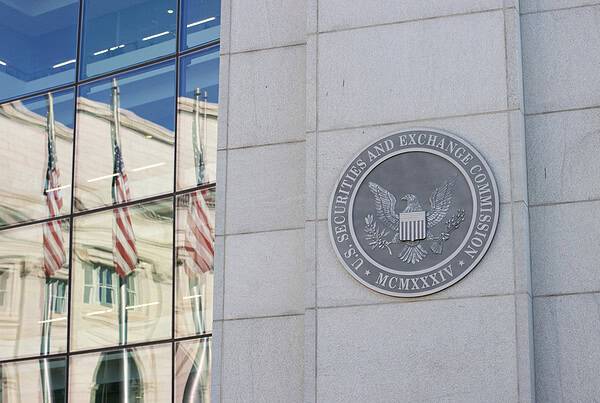
Written by Robert Quinn
Founder & CEO
After a flurry of activity in February, the month of May sees the SEC showing some leadership on the ESG agenda. On May 25, 2022, the SEC has proposed amendments to promote “consistent, comparable, and reliable information for investors concerning funds and advisers’ incorporation of environmental, social, and governance (“ESG”) factors”.
The proposed changes would amend rules and reporting forms and apply to certain registered investment advisers, advisers exempt from registration, registered investment companies, and business development companies, and seek to categorize ESG strategies broadly, requiring specific disclosures in fund prospectuses, annual reports, and adviser brochures (including the Form ADV Part 1A).
The proposed categories so far include:
- Funds representing that they focus on environmental factors generally would be required to disclose the greenhouse gas emissions associated with portfolio investments
- Funds claiming to achieve a specific ESG impact would be required to describe the specific impact being sought while summarizing progress made on achieving said impacts
- Funds using proxy voting as a significant means of implementing an ESG strategy would be required to disclose their proxy voting information
The comment period will remain open for 60 days after publication in the Federal Register.
Days before the new rules were proposed, the SEC charged BNY Mellon Investment Adviser, Inc. (“BNY”) for misstatements and omissions about ESG considerations in making investment decisions for certain mutual funds it managed. BNY agreed to a $1.5 million penalty to settle charges.
The SEC’s order alleges that, from July 2018 to September 2021, BNY falsely “represented or implied” in multiple disclosures that all investments in the mutual funds had undergone an ESG quality review. The order finds that numerous investments held did not have an ESG quality review score as of the time of investment. The order finds that BNY violated Sections 206(2) and 206(4) of the Investment Advisers Act of 1940 and Rules 206(4)-7 and 206(4)-8, and Section 34(b) of the Investment Company Act.
Adam S. Aderton, Co-Chief of the SEC Enforcement Division’s Asset Management Unit said in the SEC’s press release that the SEC will “hold investment advisers accountable when they do not accurately describe their incorporation of ESG factors into their investment selection process”.
The SEC’s action on ESG follows a similar line that the regulator has taken on cybersecurity – false and misleading disclosures on cyber incidents will be met with scrutiny and potential enforcement actions. We note that the SEC Division of Enforcement’s Climate and ESG Task Force was formed in March 2021, where its mandate includes disclosure and compliance issues relating to investment advisers’ and funds’ ESG strategies. We expect to see more charges like this as ESG becomes more embedded in the fund management sector.











